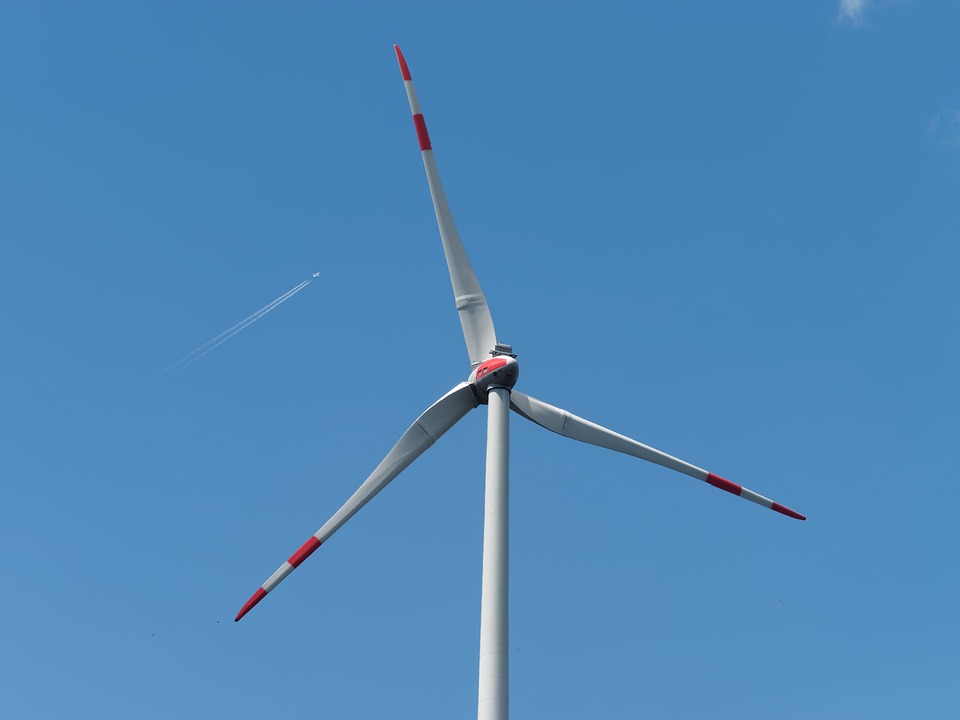What is Power Engineering?
Power engineering is a multidisciplinary field that deals with the generation, transmission, distribution, and utilization of electrical power. It involves the design, construction, and operation of electrical power systems, including power plants, transmission lines, substations, and distribution networks. Power engineers work to ensure that electrical power is delivered safely, efficiently, and reliably to meet the needs of consumers.
History of Power Engineering
The history of power engineering dates back to the late 19th century, when the first electrical power systems were developed. In the early days, power systems were small and localized, with power generated from small-scale power plants and transmitted over short distances. As the demand for electricity grew, so did the need for more efficient and reliable power systems.
Early Developments
One of the earliest pioneers in the field of power engineering was Nikola Tesla, who developed the alternating current (AC) system, which is still used today. Tesla’s work laid the foundation for the development of modern power systems.
Modern Developments
In the 20th century, the development of high-voltage transmission lines and the construction of large-scale power plants enabled the widespread distribution of electrical power. The introduction of digital technology and computerized control systems has further improved the efficiency and reliability of power systems.
Key Concepts in Power Engineering
Power engineering involves a range of key concepts, including:
Electrical Power Generation
Electrical power is generated through various methods, including thermal, nuclear, and renewable energy sources. Power plants convert energy from these sources into electrical energy, which is then transmitted to consumers.
Power Transmission
Power transmission involves the transmission of electrical power over long distances through high-voltage transmission lines. Transmission lines are designed to minimize energy loss and ensure reliable transmission.
Power Distribution
Power distribution involves the distribution of electrical power to consumers through a network of power lines, substations, and transformers. Distribution systems are designed to ensure safe and reliable delivery of power to consumers.
Power Quality
Power quality refers to the characteristics of electrical power, including voltage, current, and frequency. Power engineers work to ensure that power quality meets the needs of consumers and equipment.
Applications of Power Engineering
Power engineering has a wide range of applications, including:
Electric Power Systems
Power engineering is used to design and operate electric power systems, including power plants, transmission lines, and distribution networks.
Industrial Power Systems
Power engineering is used to design and operate industrial power systems, including manufacturing facilities, data centers, and hospitals.
Transportation Systems
Power engineering is used to design and operate transportation systems, including electric vehicles, rail networks, and airports.
Challenges in Power Engineering
Power engineering faces a range of challenges, including:
Energy Efficiency
Power engineers work to optimize energy efficiency and reduce energy waste in power systems.
Reliability and Availability
Power engineers work to ensure the reliability and availability of power systems, minimizing the risk of power outages and disruptions.
Sustainability
Power engineers work to develop sustainable power systems that minimize environmental impact and reduce greenhouse gas emissions.
Conclusion
Power engineering is a critical field that plays a vital role in the delivery of electrical power to consumers. Power engineers work to ensure the reliability, efficiency, and sustainability of power systems, using a range of technologies and techniques to meet the needs of consumers. As the demand for electricity continues to grow, the importance of power engineering will only continue to increase.
FAQs
Q: What is the difference between power engineering and electrical engineering?
A: Power engineering is a specialized field that focuses on the generation, transmission, and distribution of electrical power, whereas electrical engineering is a broader field that encompasses a range of electrical systems and technologies.
Q: What are the key skills required for a power engineer?
A: Power engineers require a range of skills, including knowledge of electrical power systems, transmission and distribution systems, power generation, and energy efficiency.
Q: What are the most common power engineering certifications?
A: The most common power engineering certifications include the Professional Engineer (PE) license, the Certified Power Engineer (CPE) certification, and the Certified Energy Manager (CEM) certification.
Q: What is the future of power engineering?
A: The future of power engineering is likely to involve the development of new technologies and systems, including renewable energy sources, energy storage, and smart grids.


_2.png?w=150&resize=150,150&ssl=1)
_1.png?w=150&resize=150,150&ssl=1)

_1.png?w=150&resize=150,150&ssl=1)
_1.png?w=150&resize=150,150&ssl=1)
